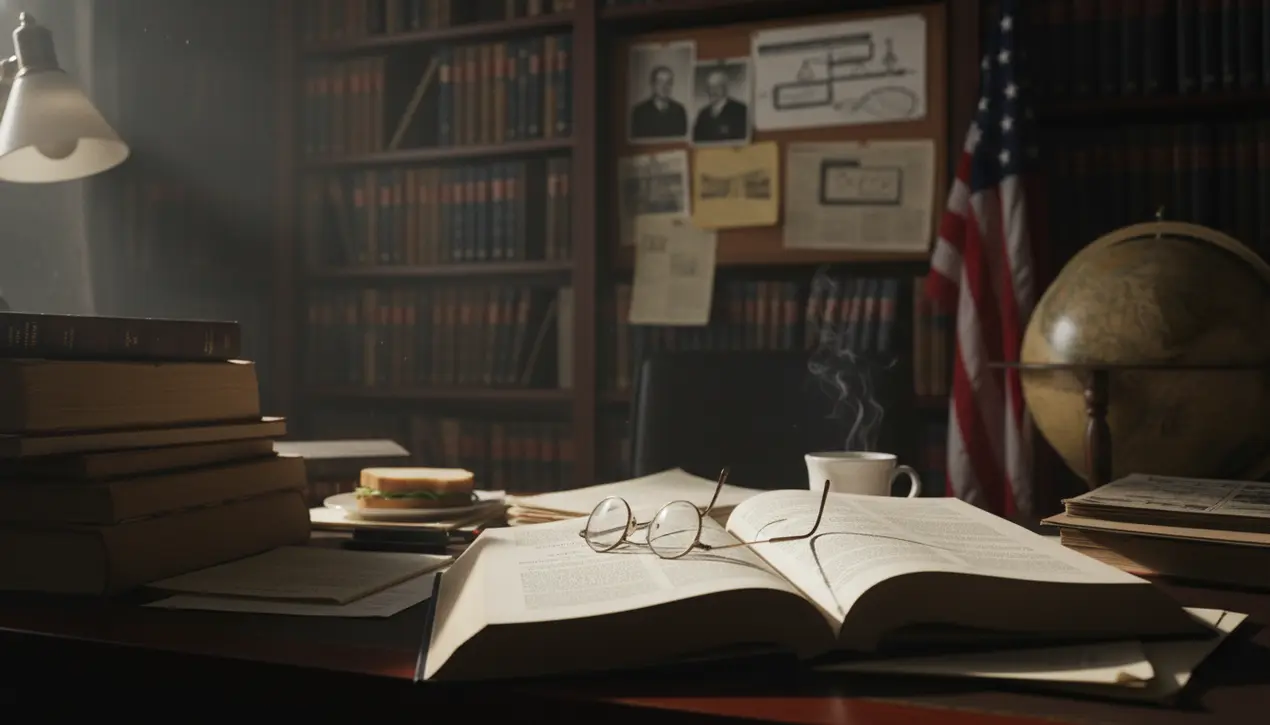
Politicscourts & investigations
Trump's Birthright Citizenship Order Influenced by Liberal Scholars
RO
Robert Hayes
1 hour ago7 min read
The recent executive order targeting birthright citizenship, a cornerstone of American constitutional interpretation for over a century, did not emerge from a vacuum but from the esoteric legal scholarship of a 1985 Yale Law Journal article penned by two liberal academics, Peter H. Schuck and Rogers M.Smith. This intellectual lineage presents a profound political paradox, revealing how academic theory, once confined to lecture halls and law reviews, can be weaponized in the high-stakes theatre of national policy.The original argument, a nuanced critique suggesting the Fourteenth Amendment's citizenship clause was not intended to be absolute and could be modified by Congress, was a product of its time—a scholarly exercise in re-examining foundational texts. Yet, decades later, this same framework was extracted from its academic context and thrust into the heart of a fiercely partisan debate, a move that has reportedly left its authors with significant reservations.This episode is not merely a policy shift; it is a case study in the unintended consequences of intellectual labor, echoing historical precedents where theoretical constructs, from economic models to social theories, have been co-opted to serve political agendas far removed from their creators' intent. The potential ramifications are immense, threatening to destabilize the long-settled understanding of 'jus soli' and plunging the nation into a constitutional crisis that would challenge the very definition of American identity.Legal scholars across the spectrum almost universally anticipate fierce judicial challenges, with the Supreme Court likely serving as the final arbiter in a battle that pits a sweeping executive action against a constitutional provision many believed was unequivocal. The situation draws parallels to other moments of constitutional stress, such as the political battles over the Commerce Clause, where expansive interpretations have clashed with originalist readings. Ultimately, this move underscores a deeper, more persistent tension in American governance: the struggle between a living, adaptable constitution and attempts to redefine its core tenets through political force, a drama where the pens of scholars can, unexpectedly, provide the ink for executive orders.
#birthright citizenship
#Trump executive order
#Yale professors
#legal argument
#immigration policy
#constitutional law
#featured
Stay Informed. Act Smarter.
Get weekly highlights, major headlines, and expert insights — then put your knowledge to work in our live prediction markets.
Comments
Loading comments...
© 2025 Outpoll Service LTD. All rights reserved.